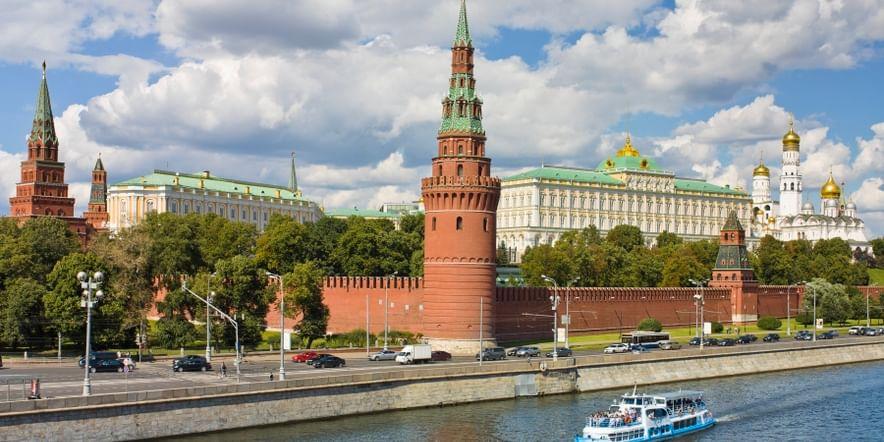"There are no 'pro-Ukrainian' and 'pro-Russian' countries - all proceed from their own interests" Iya Kusa for Caliber.Az
Russian foreign policy is currently subordinated to two goals that it must achieve in the short term to gain the upper hand or to make it look like a victory over Ukraine.
Ilya Kusa, an analyst at the Ukrainian Institute of the Future, shared the due opinion with Caliber.Az.
According to him, the first goal is the retention of non-Western states in the neutral camp. Such a plan, in his opinion, leaves Moscow room for maneuvering in the international arena and an opportunity to compensate for stagnation with the West by developing relations with other regions.
"The second goal is to win over non-Western states to its side. But here we are not talking about full-fledged support for Russia's actions in Ukraine and the provision of military assistance. Everyone understands that this will not happen. Efforts are aimed at persuading these countries to help the Russian Federation in certain, mainly non-military sectors. Basically, we are talking about undermining the Western sanctions regime by creating mechanisms to circumvent sanctions, either to offset their effect or to compensate by finding an alternative supplier of a particular resource.
For example, if Türkiye or Kazakhstan are of interest to Russia as potential transit and logistics hubs, then the UAE can be used to create shell companies to circumvent Western restrictions. Iran, in turn, is interesting in military-technical cooperation and maintaining regional positions, while China, India, Afghanistan, Bangladesh, and others are seen as alternative buyers of Russian energy resources instead of Western ones.
One of the main tools of influence on these countries is Russia's play on their anti-Western sentiments. We should not assume that "anti-Westernism" in these regions is an invention of the Kremlin or a reflection of pro-Russian sentiments. Not at all. This is a mistake we always make when trying to communicate with the non-Western world. Anti-Western sentiments in such states stem from history, ambition, nationalism, and domestic politics. They are only manipulated by Russia for its own purposes. But they are real and have a very strong influence on the position of these countries and their societies. This is especially true for those countries that want to play a more independent and active role in the international arena. Moscow simply pretends to give them this opportunity," says the political scientist.

Meanwhile, Kusa believes that the weakness of Russia's current positioning is the fact that its policy is toxic. In Ukraine, Russia acts in the same way as any other empire would act in the Middle East or Africa, as the US acted in some cases, which the Kremlin is so fond of criticizing for the mistakes of the past. According to the expert, Ukraine should take advantage of this circumstance by explaining to non-Western countries that it has much more in common with them than they think, and Russia, by and large, does not care about their interests and stability.
"Finally, we must remember that there are no 'pro-Ukrainian' or 'pro-Russian' states and governments. All proceed from their national, state, and finally, personal interests, beliefs, and prejudices. For example, the refusal to impose sanctions against the Russian Federation may be related to a political and ideological perception of the struggle between the West and the Russian Federation or the desire to confirm its sovereignty by a principled decision to separate from everyone and take neutrality, rather than be on the side of Ukraine.
The main thing to understand is that each of these countries has something to lose, and there is a different factor that makes them cautious in their relations with Russia. For example, China is concerned about sanctions, while Iran believes in the success of the "nuclear talks" with the United States. Accordingly, it is in Kyiv's interest to preserve these factors so that neutral states can maintain maneuverability and neutrality, which also suits us. Russia's task is to destroy these factors and make them irrelevant in order to drive Iran and China into conditions that will encourage them to drift even further toward confrontation with the West and the United States.
For this reason, Russia will gladly support the outbreak of violence in the Balkans, the military escalation in the Taiwan Strait, the aggravation of the situation in Karabakh, or the failure of the US and Iran talks on the nuclear program, which will lead to tougher sanctions against Tehran, which will lock them in a situation where the Iranians will no longer have incentives to restrain and be cautious in the context of the war between the West and Russia," Kusa concluded.








